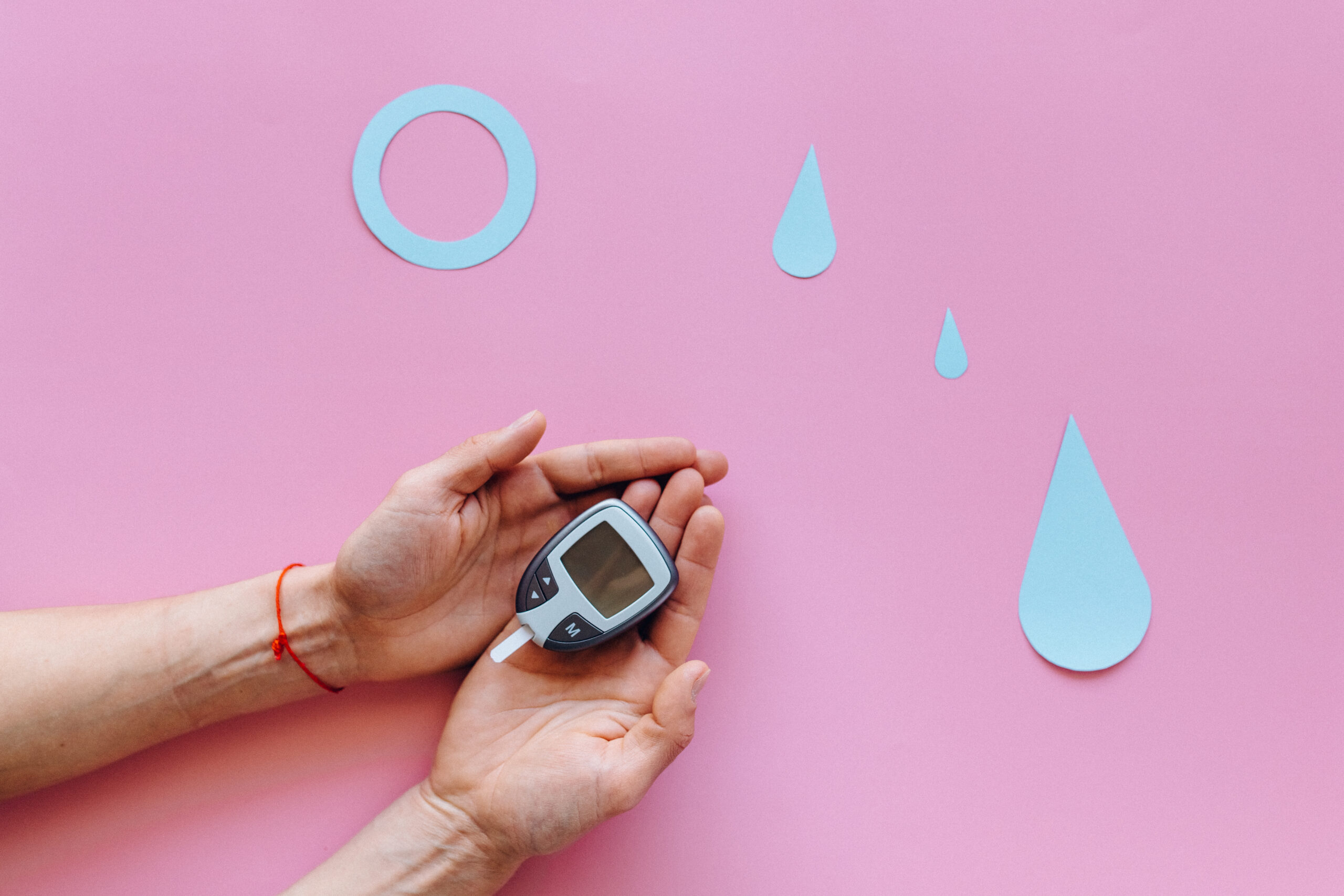Can hyperthyroidism cause high blood pressure?
Title: Can Hyperthyroidism Cause High Blood Pressure?
Introduction:Hyperthyroidism, also known as an overactive thyroid, occurs when the thyroid gland produces an excessive amount of thyroid hormones. Common symptoms of hyperthyroidism include weight loss, irritability, increased heart rate, and fatigue. But can hyperthyroidism actually lead to high blood pressure? Let’s explore this connection and understand how these two conditions may be related.
Understanding Hyperthyroidism:To fully comprehend the relationship between hyperthyroidism and high blood pressure, it’s crucial to understand the role of the thyroid gland. Located at the base of our necks, this small butterfly-shaped gland produces hormones that regulate various bodily functions, including metabolism, heart rate, and blood pressure.
The thyroid gland produces two main hormones: thyroxine (T4) and triiodothyronine (T3). These hormones control the body’s energy production and utilization. In hyperthyroidism, excessive levels of T4 and T3 are released, causing a surge in metabolic activity and various physiological changes.
Linking Hyperthyroidism to High Blood Pressure:While hyperthyroidism primarily affects the metabolic rate, it can indirectly impact blood pressure as well. Although this connection is not universally observed in all cases, studies have shown an increased prevalence of high blood pressure among individuals with hyperthyroidism.
The exact mechanisms behind the relationship between hyperthyroidism and high blood pressure are not fully understood. However, several factors contribute to this association:
1. Increased cardiac output: Hyperthyroidism raises heart rate and contractility, leading to increased cardiac output. This increased blood flow can subsequently raise blood pressure levels.
2. Altered peripheral vascular resistance: Thyroid hormones affect the responsiveness of blood vessels to neurotransmitters and other factors involved in regulating blood pressure. Hyperthyroidism may cause changes in vascular resistance, ultimately leading to elevated blood pressure.
3. Renin-angiotensin-aldosterone system: Hyperthyroidism can disrupt the renin-angiotensin-aldosterone system, a key regulator of blood pressure. Thyroid hormones can alter the production and activity of these hormones, potentially affecting blood pressure control.
Management:If you have hyperthyroidism, it’s crucial to work closely with your healthcare provider to manage both the thyroid condition and any accompanying high blood pressure. Treatment for hyperthyroidism primarily focuses on controlling hormone levels through medication, radioactive iodine therapy, or, in some cases, surgery. As hormone levels normalize, blood pressure often improves as well.
In addition to primary treatment, lifestyle modifications can be helpful in managing high blood pressure associated with hyperthyroidism. These include:
1. Adopting a heart-healthy diet rich in fruits, vegetables, whole grains, and lean proteins while limiting sodium, saturated fats, and processed foods.
2. Engaging in regular physical activity, as recommended by your healthcare provider. Exercise can help lower blood pressure and improve overall cardiovascular health.
3. Managing stress levels through techniques like meditation, deep breathing exercises, and engaging in activities that promote relaxation.
Conclusion:While hyperthyroidism and high blood pressure can often coexist, not all individuals with an overactive thyroid will experience elevated blood pressure. However, monitoring blood pressure levels regularly is crucial for those diagnosed with hyperthyroidism, as it enables early detection and appropriate management of any associated hypertension.
Remember, every individual is different, and the best course of action is to consult with your healthcare provider. They will provide personalized guidance, considering your specific health profile, to manage both hyperthyroidism and blood pressure effectively. By ensuring proper treatment and adopting a healthy lifestyle, you can maintain optimal thyroid function and keep your blood pressure under control.



